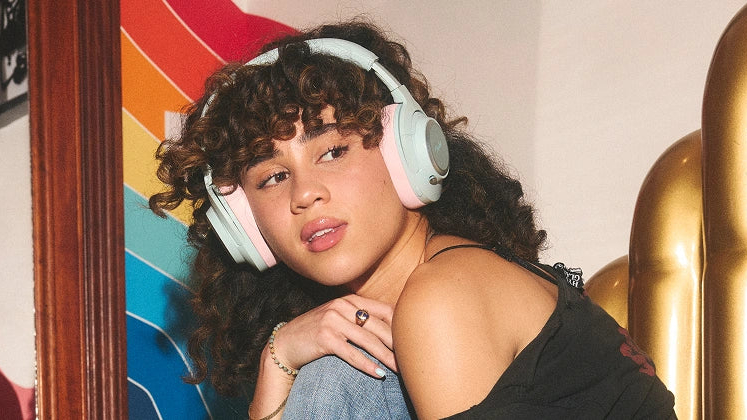Does eating chocolate before bed ruin your sleep? A dietician reveals all
A dietician reveals how chocolate affects our sleep and whether dark or milk chocolate is worse...
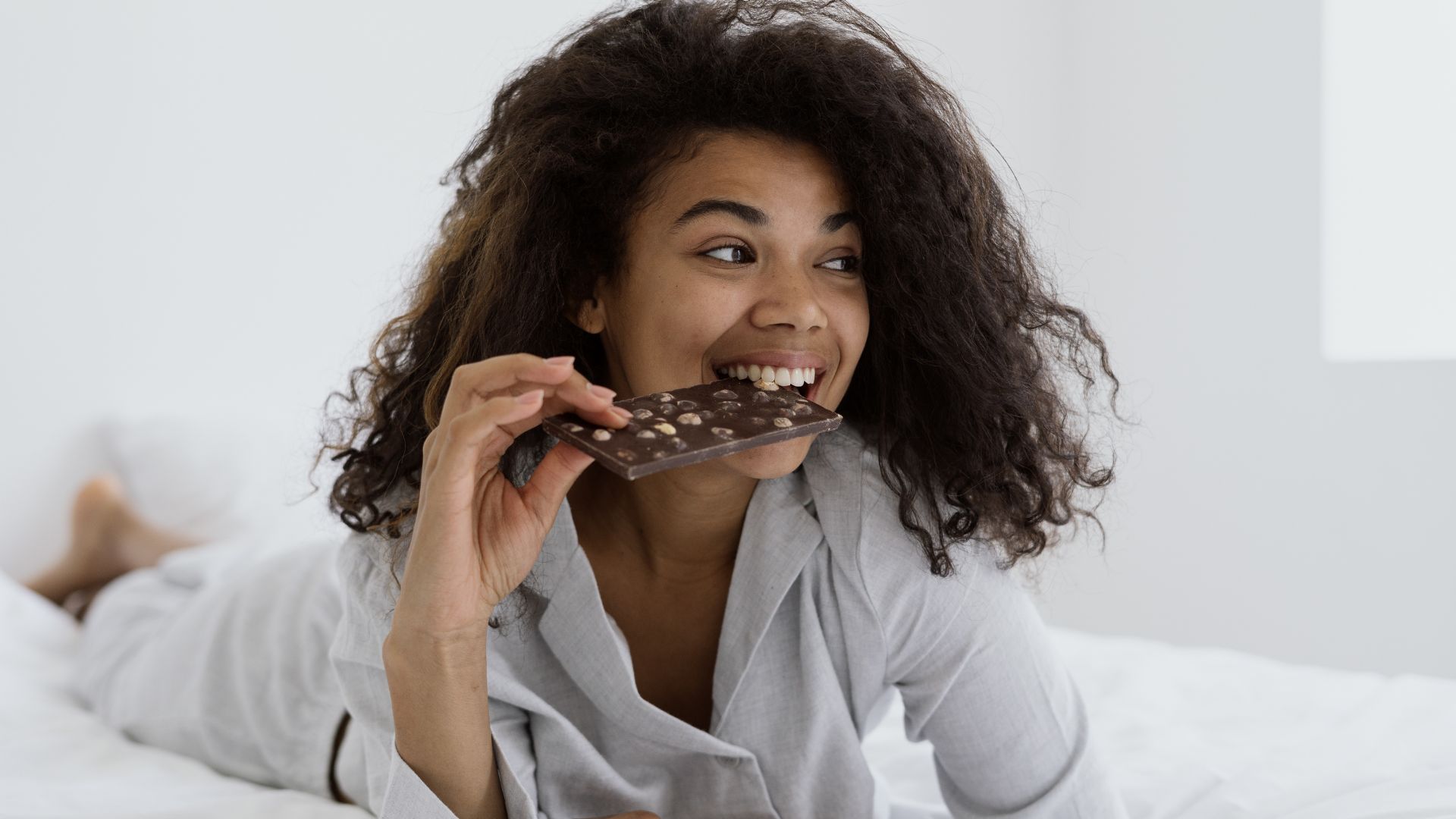
Chocolate makes the perfect post-dinner snack, so it's likely that you'll reach for it before bedtime. But while chocolate may be the ultimate comfort food in the evenings, will eating it before bed ruin your sleep?
From choosing one of the best mattresses of the year for your body and sleep style to drinking chamomile tea, there are plenty of tried-and-tested methods for falling asleep fast. However, eating chocolate before attempting to fall asleep is not recommended.
To find out why, we spoke to Lena Bakovic, a registered dietician at Top Nutrition Coaching. Here, Bakovic explains how chocolate affects your sleep, which kinds of chocolate are better or worse before bed, and how you can enjoy chocolate without it disrupting your sleep schedule.
Does eating chocolate before bed stop you from sleeping?
Chocolate isn't seen as a natural sleep aid like chamomile tea or the viral Sleepy Girl Mocktail, but does that mean it's actually bad for your sleep? "In short, yes," says Lena Bakovic. "Consuming chocolate right before sleep can in fact contribute to poor sleep quality."
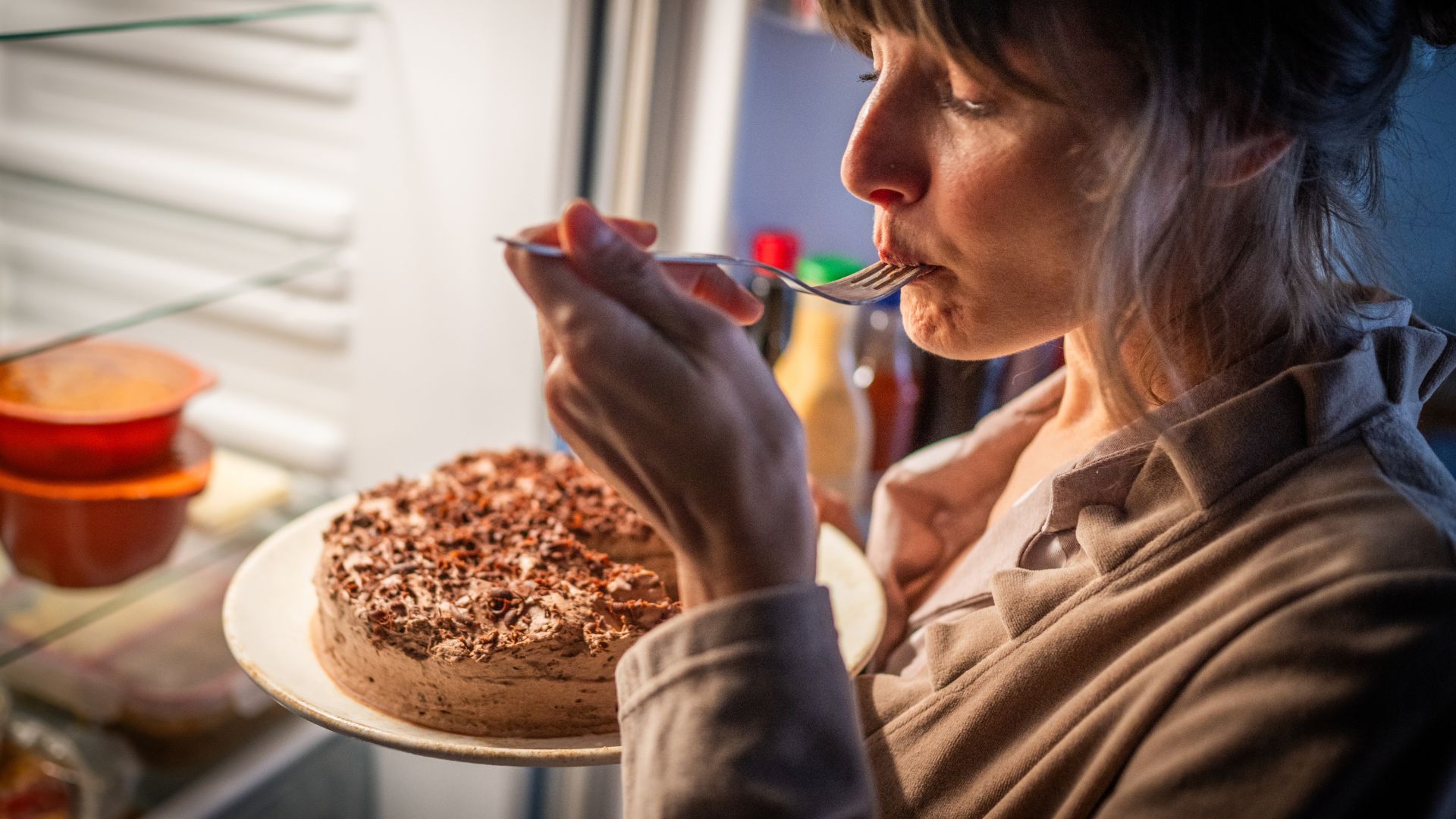
According to Bakovic, both milk and dark chocolate are both surprising dietary sources of caffeine - along with other heartrate-increasing stimulants such as theobromine - which can cause a restless night, depending on the kind of chocolate and what time it's consumed.
"Chocolates can vary in caffeine content, and some individuals are more sensitive to caffeine than others," says Bakovic. "However, for most, eliminating caffeine at least six hours before bedtime is helpful in promoting healthy sleep habits."
Is milk chocolate worse for your sleep?
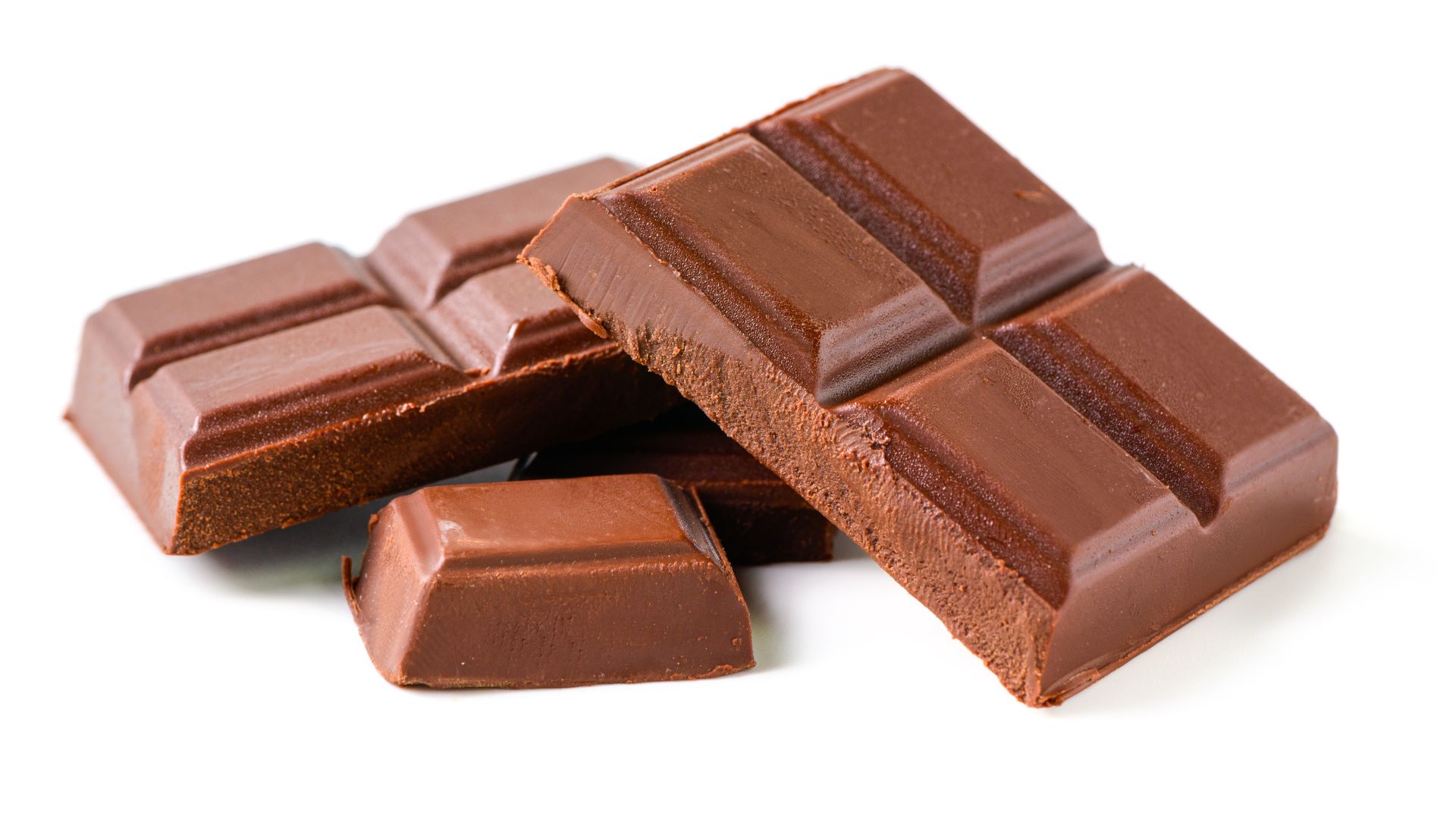
Bakovic tells us that milk and dark chocolate can each vary in caffeine content. However, milk chocolate isn't the worst kind of chocolate to eat before bed - good news considering it's America's favorite kind of chocolate.
Get instant access to breaking news, the hottest reviews, great deals and helpful tips.
However, the registered dietician still warns that it shouldn't be consumed less than six hours before bed: "A 1oz serving of milk chocolate contains approximately 8 milligrams of caffeine, so consuming it directly before sleep can contribute to poor sleep."
Does eating dark chocolate help you sleep?
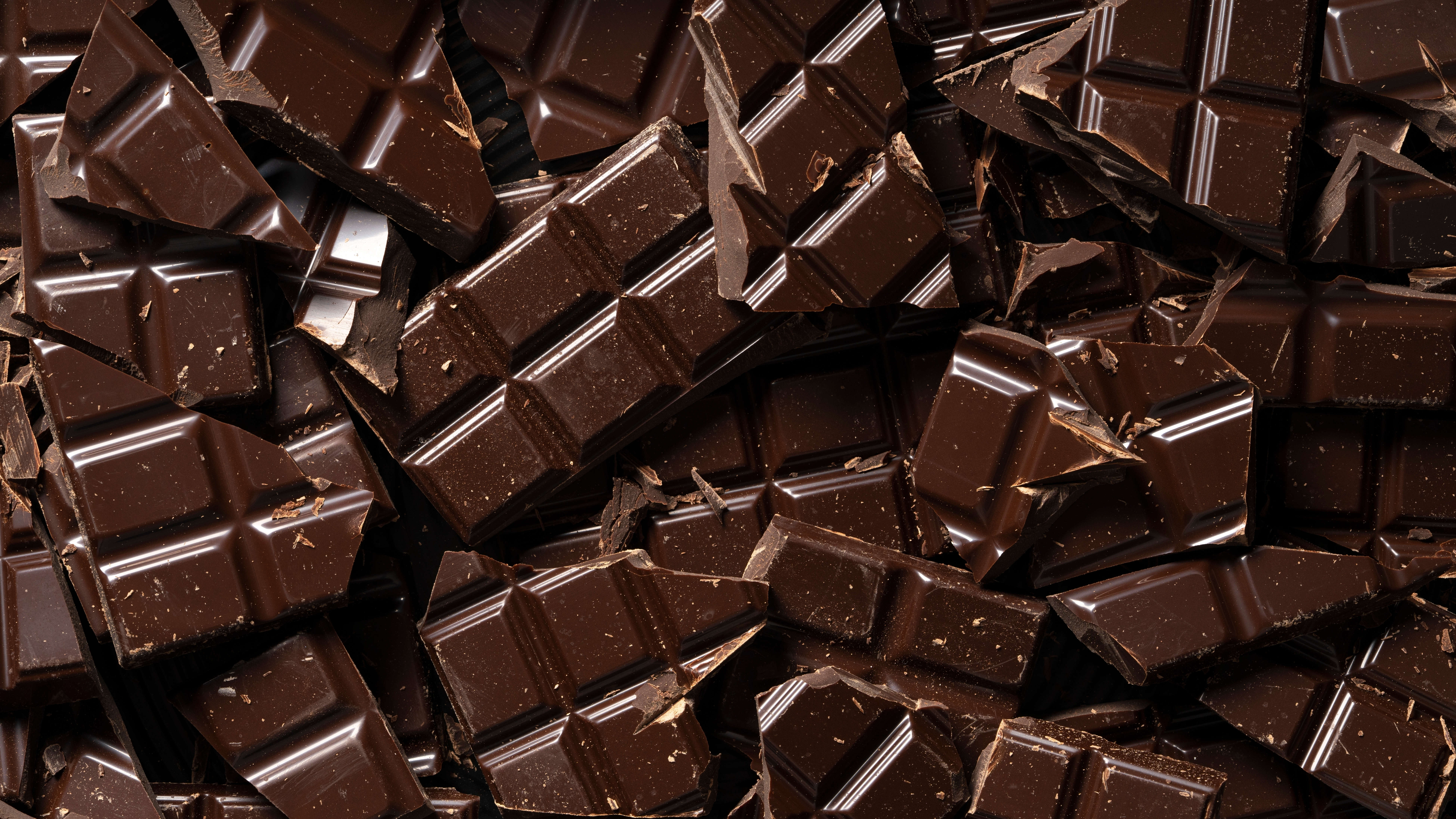
Meanwhile, dark chocolate (America's second favorite type of chocolate) is actually the most detrimental to your sleep. According to Bakovic, this is because the levels of caffeine and other stimulants are more distinct in dark chocolate varieties.
"Generally speaking, dark chocolate is moderate in terms of caffeine content," she explains. "Put into context, a 1oz serving of milk chocolate contains approximately 8 milligrams of caffeine, whereas a 1oz serving of dark chocolate contains approximately 25 milligrams of caffeine."
Does eating white chocolate make you sleepy?
It may not be America's favorite type of chocolate (only 11% say they prefer it), but white chocolate is actually the best kind of chocolate to eat before bed. "Make the switch to white chocolate, which contains no caffeine," advises Bakovic. "Unlike milk and dark varieties, which are dietary sources of caffeine."
Can drinking hot chocolate help you fall asleep faster?
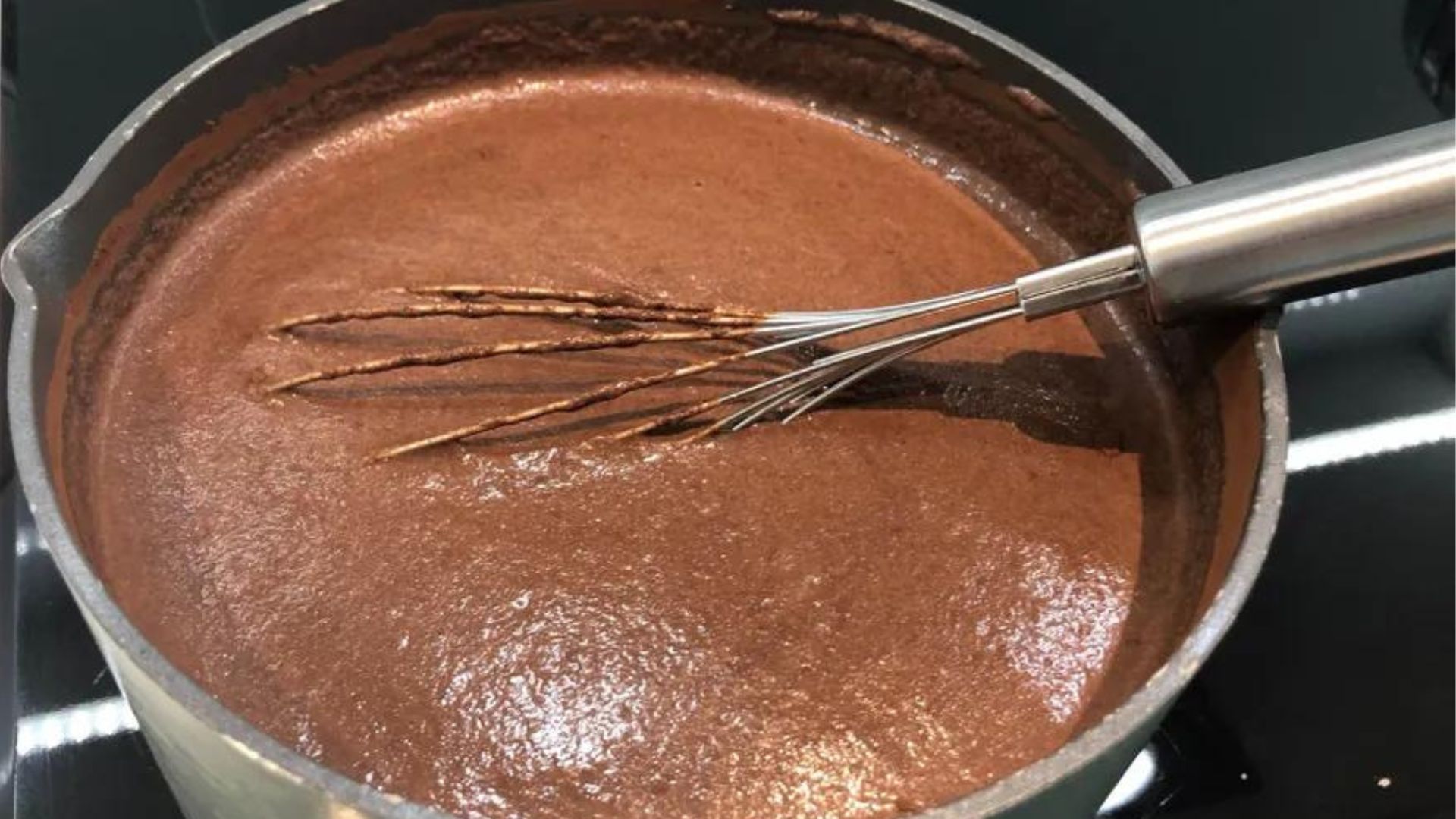
If you find a cup of hot chocolate to be a soothing pre-bedtime beverage, Bakovic says there's a good reason behind it. First of all, it's a great psychological sleep aid as a warm beverage is often a component of a calming bedtime ritual.
Secondly, Bakovic also says it's nutritional content can aid sleep. "Hot chocolate, when consumed or prepared with milk and cocoa, is a good source of tryptophan,", the dietician explains. "This stimulates serotonin which helps produce melatonin, important factors for the optimization of sleep quality."
How to enjoy chocolate without it affecting your sleep
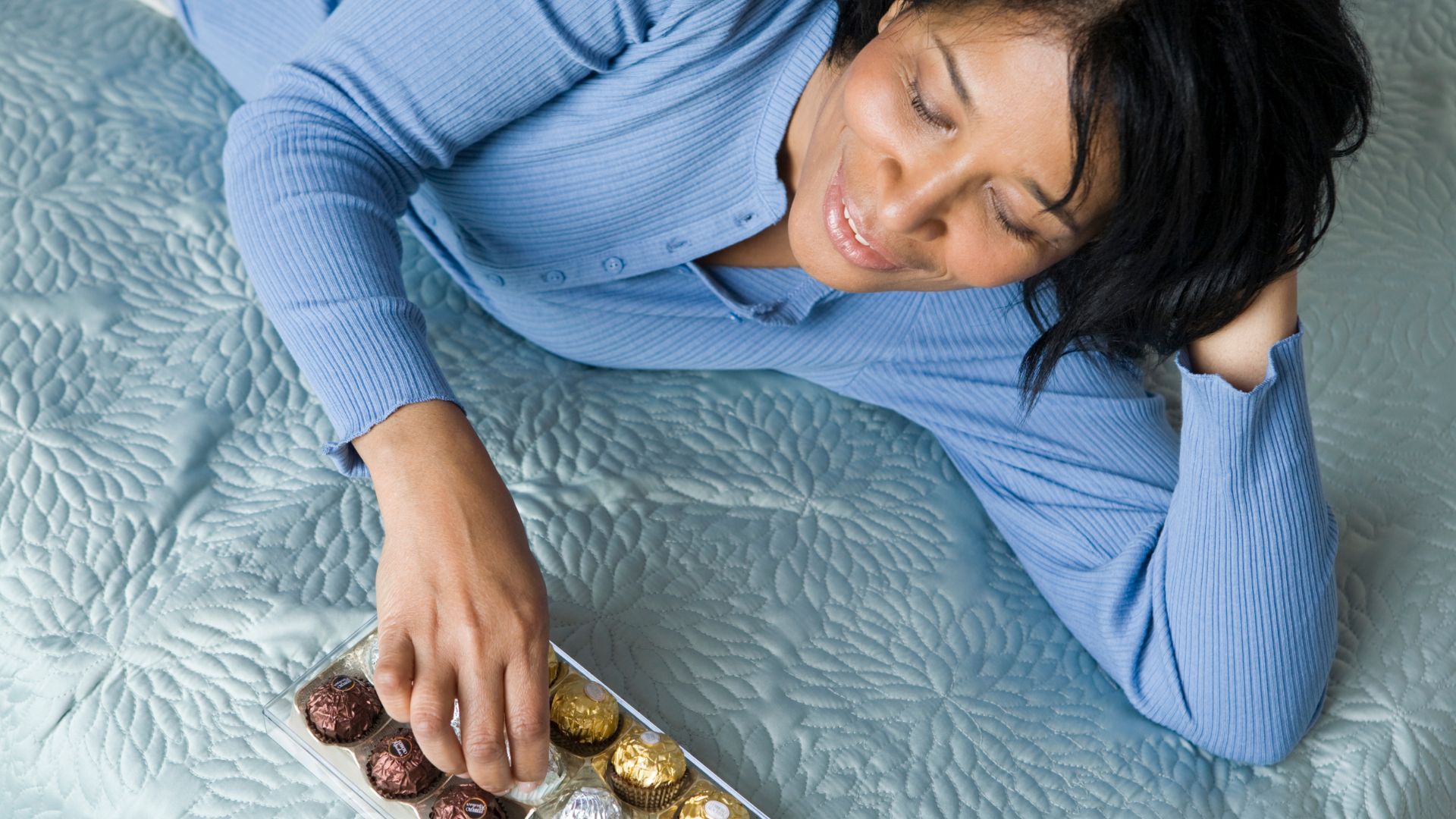
- Consume chocolate somewhere in the range of 4-6 hours before bedtime, which should not have too much of an impact on sleep quality. So, if you go to bed at 11pm, try not eat chocolate after 7pm.
- Avoid eating dark chocolate in the evening (or eliminate it all together), as this is the worst type of chocolate for your sleep.
- Make the switch to white chocolate, which contains no caffeine. If you dislike the taste of white chocolate, eat milk chocolate, which has a lower caffeine content than dark.
- If hot chocolate helps you to relax before bed and is part of your calming bedtime ritual, there's no need to forgo it. Just make sure it's prepared with milk and cocoa (it's probably best to skip the mini marshmallows, too!).

Frances Daniels is a PPA-accredited journalist and Sleep Staff Writer at Tom's Guide with an MA in Magazine Journalism from Cardiff University. Her role includes covering mattress and sleep news and writing sleep product reviews and buyer's guides, including our Best Hybrid Mattress 2025 guide. She is interested in the relationship between sleep and health, interviewing an array of experts to create in-depth articles about topics such as nutrition, sleep disorders, sleep hygiene, and mattress care. She is also our specialist on mattress toppers — producing bed topper reviews and taking care of our Best Mattress Toppers 2025 guide — and leads content relating to fiberglass-free beds for a non-toxic sleep. Outside of Tom's Guide, she has written for Ideal Home and Marie Claire.
